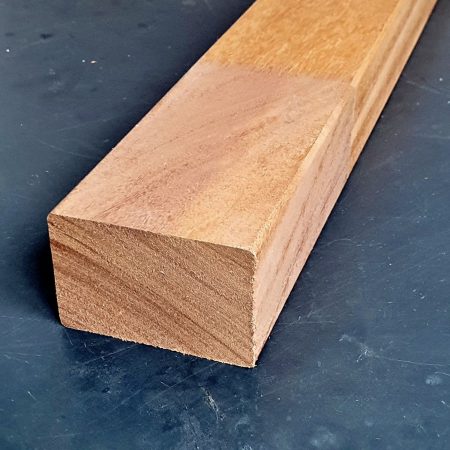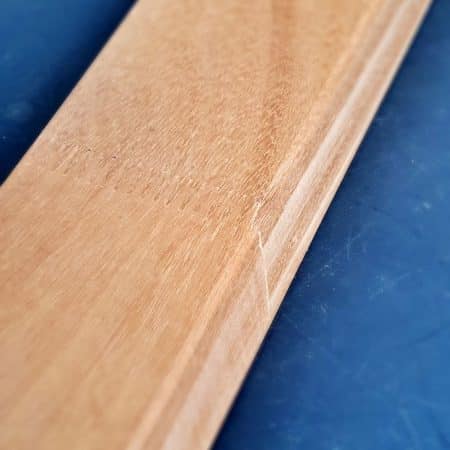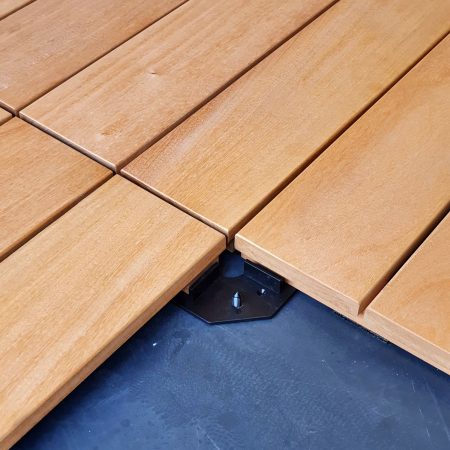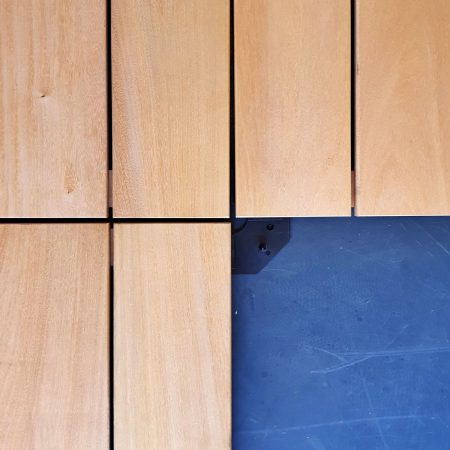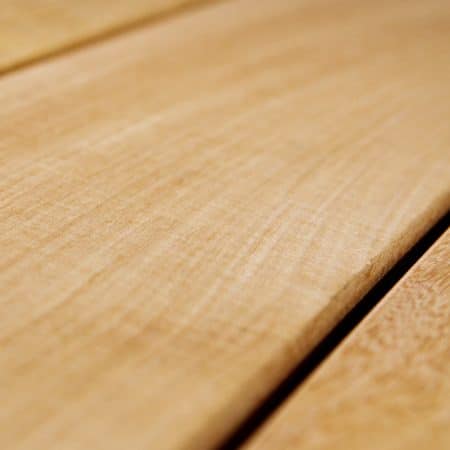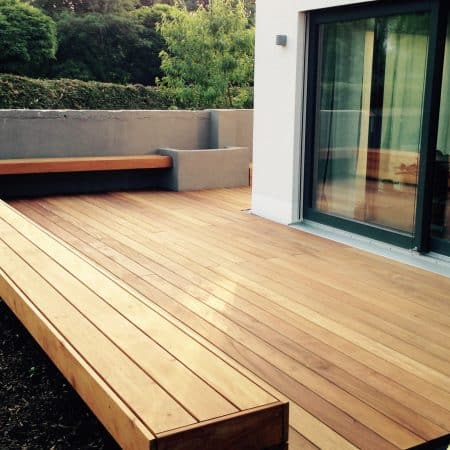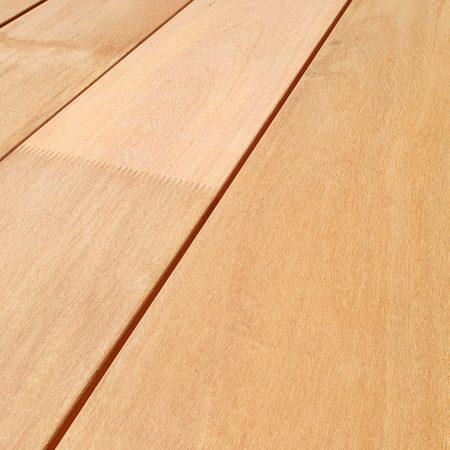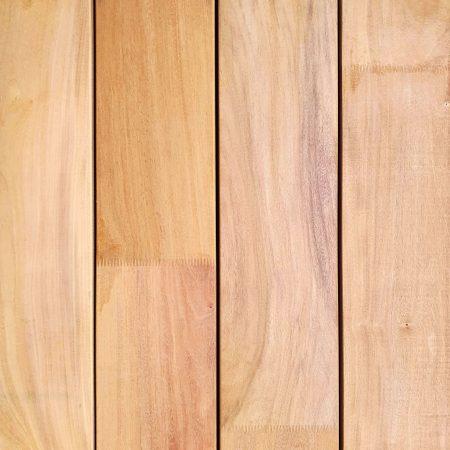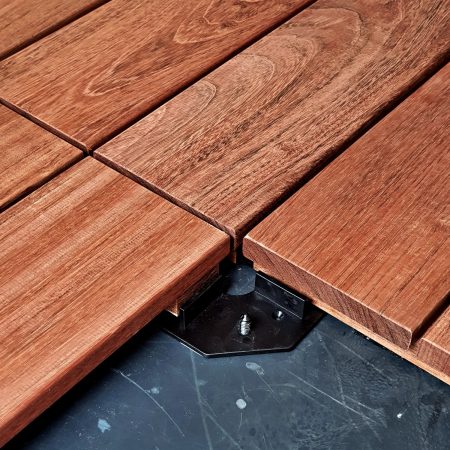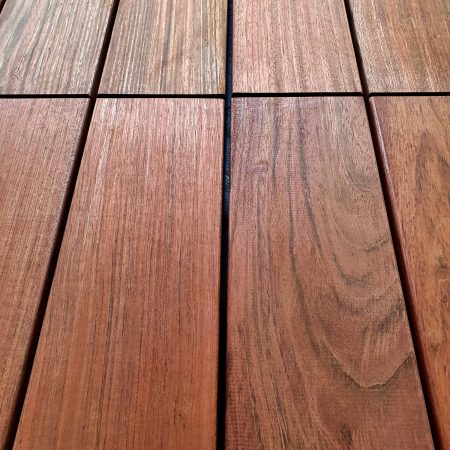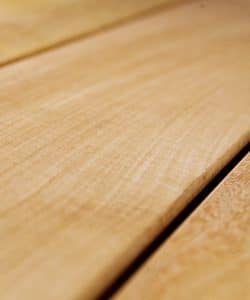
ENVIRONMENT " ORIGIN » Bolivia
Our wood from Bolivia
Our Garapa wood and Cumaru beams come from the Bolivian region of Santa Cruz and carry the FSC® 100% certificate for responsible forest management. Garapa has an even, light color structure, darkens slightly in the sun and is very hard-wearing.
The forest
The Department of Santa Cruz stretches from the Cordillera Oriental on the eastern edge of the Andes to the flat lowlands of the Amazon Basin and the Gran Chaco. Santa Cruz borders Brazil to the east and Paraguay to the southeast.
The climate is tropical with a rainy season in summer. Cold southerly winds of polar origin (Surazos) can cause short-term cold snaps, especially in winter. The vegetation in the lowlands ranges from the tropical rainforest in the humid north of the department to moist forests and wet savannas to dry forests in the dry Gran Chaco.
Our wood makes an important contribution to the preservation of the tropical rainforest in the region. Because in recent years, the valuable forest ecosystems have been doubly threatened; on the one hand, prolonged drought, high temperatures and winds repeatedly fueled fires. On the other hand, forest areas are burned down every year, run by local farmers for subsistence farming, but more seriously by large agribusinesses who need grazing land for cattle.
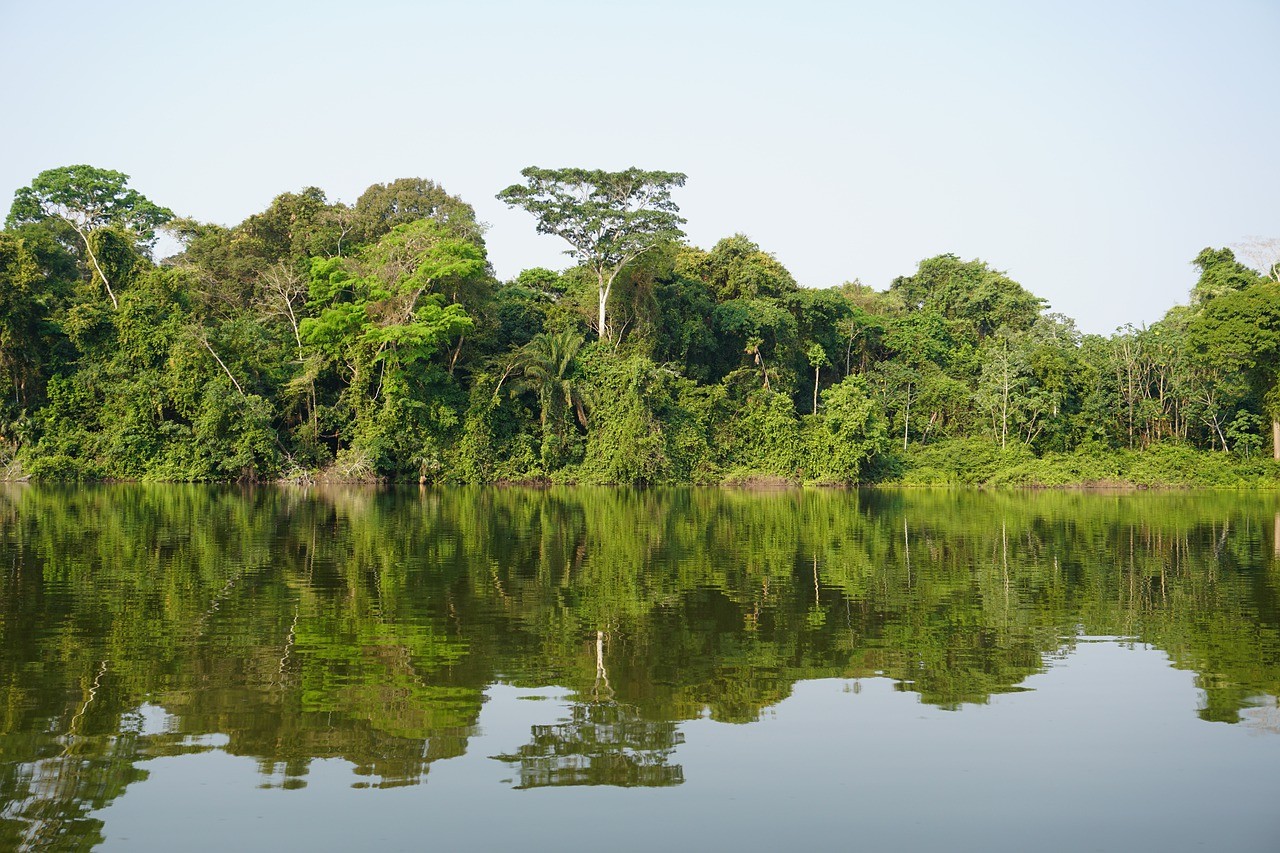
jungle in Bolivia
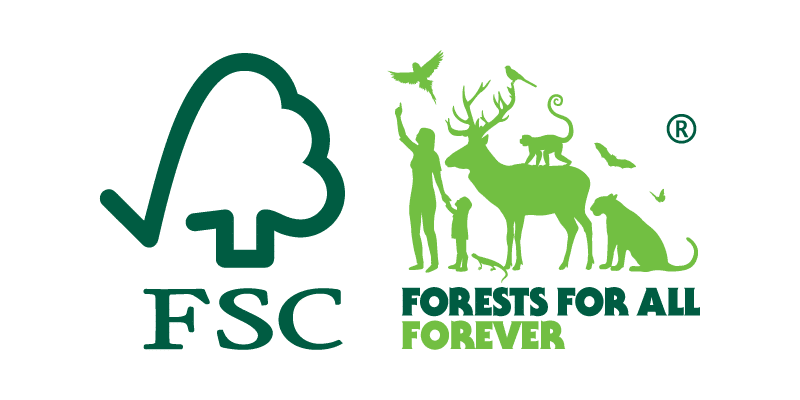
The Certificate & The Certifiers
We only import wood from Bolivia that has been certified by the FSC®®. This ensures responsible forest management and sets an example against illegal manure.
- The certificate of Forest Stewardship Council (FSC®®) sets the strictest international standards for responsible forest management.
- The certification organization Rainforest Alliance monitors forests and sawmills for compliance with sustainable principles.
- The Global Forest & Trade Network the WWF supports forest owners and sawmills in converting to sustainable forest management and production.
- The European Sustainable Tropical Timber Coalition promotes the marketing of sustainably produced tropical wood in Europe.
The city
The wood is processed in a sawmill in El Alto. The city of just over 800.000 residents is just west of La Paz, which it was a part of until 1985. The two cities are connected by the world's largest urban cable car network, an efficient and sustainable form of mobility.
El Alto is the second largest city in Bolivia, after Santa Cruz and ahead of La Paz and Cochabamba. Together with the seat of government La Paz, it forms the most populous conurbation in Bolivia. Numerous industrial plants and the highest international airport in the world are located in El Alto.
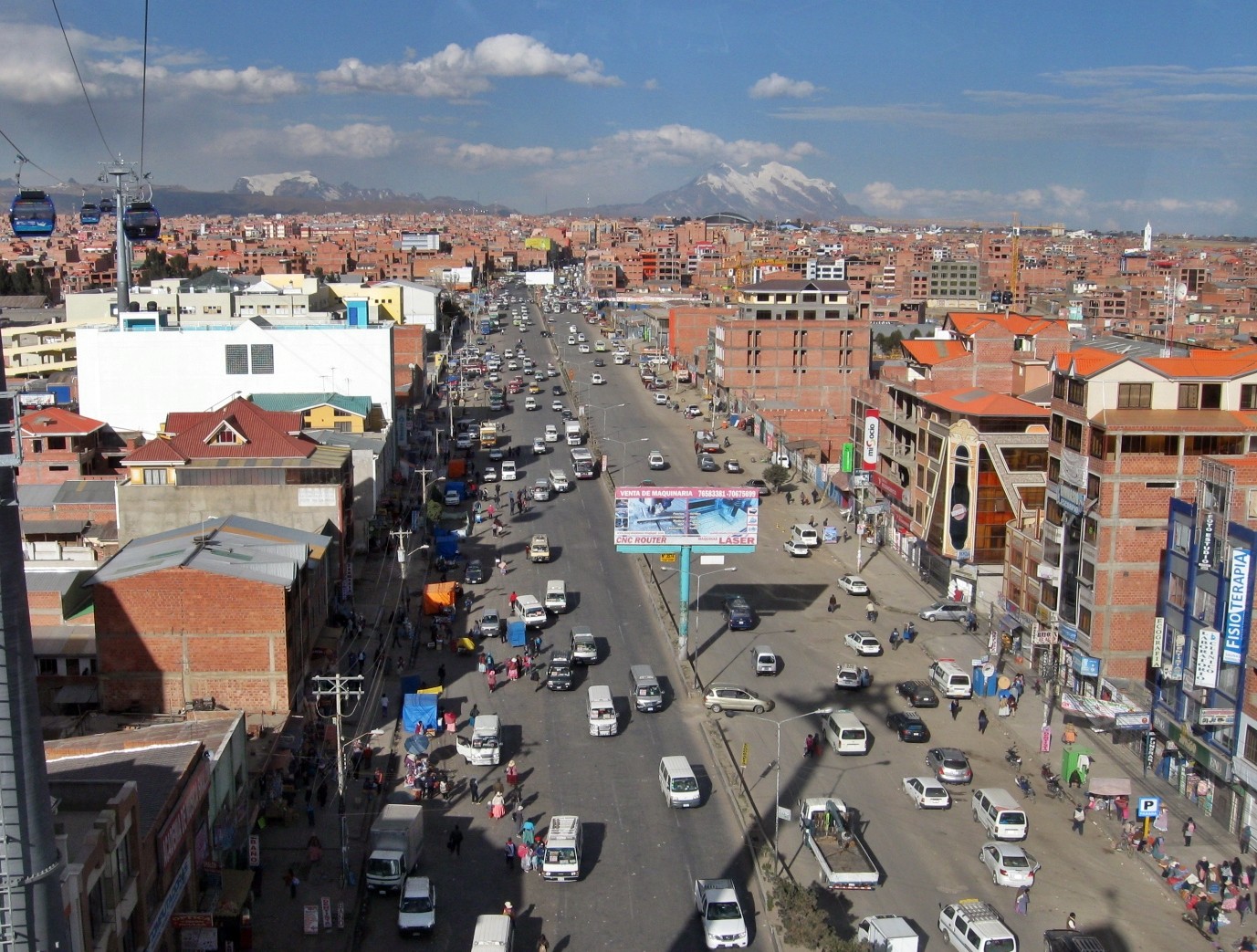
City of El Alto in Bolivia
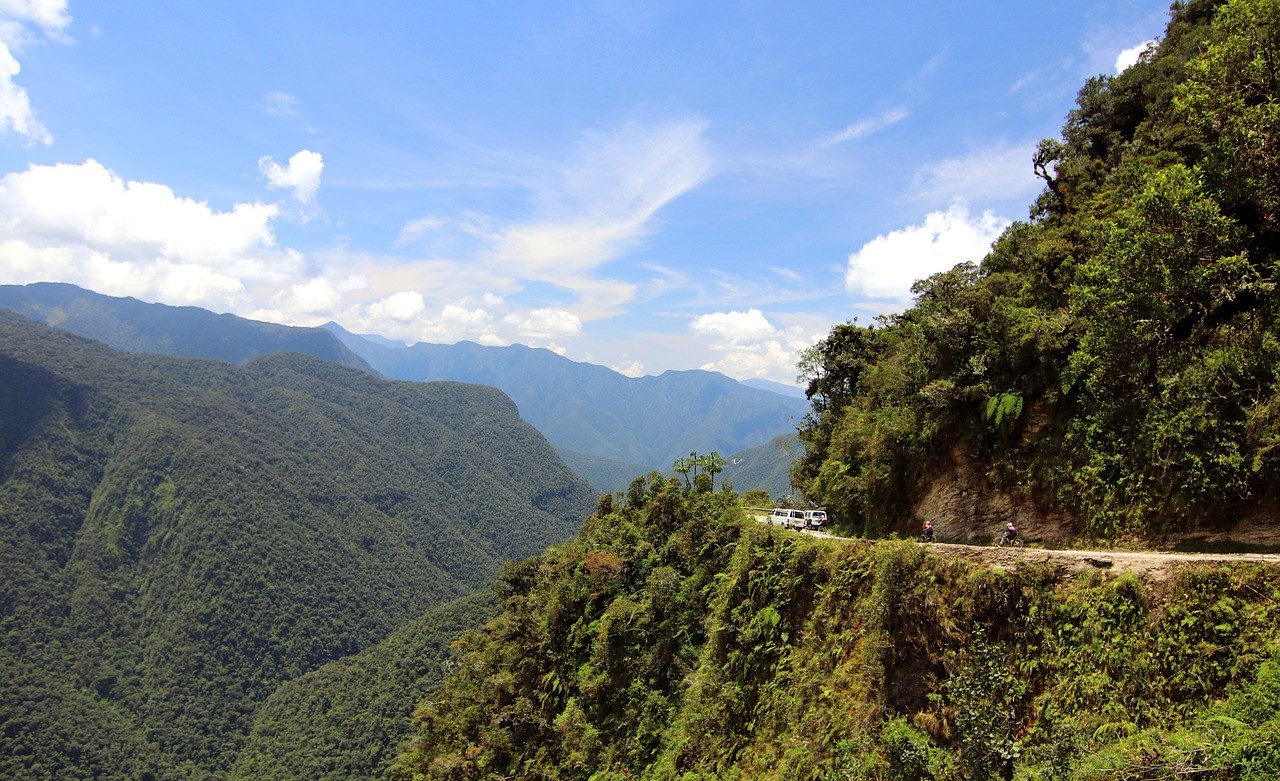
Mountain pass in Bolivia
The country
Bolivia is a landlocked country in South America, bordered by Peru and Chile to the west, Argentina and Paraguay to the south, and Brazil to the east and north.
A little over 50% of the population belong to indigenous peoples (Spanish indígenas) of the South American Indians, and a good 30% of the population are mestizos. The rest of the country's residents are "white", mostly descendants of the various waves of immigration from Europe up until after World War II, descendants of African slaves, primarily from Angola, and immigrants from Japan and China.
Bolivia is a fascinating travel destination with unique landscapes and a colorful culture that is still strongly influenced by the traditions of the indigenous people.
The way of the wood
Forests in Santa Cruz
Garapa and Cumaru trees are sustainably harvested in the certified concessions in Santa Cruz.

Sawmill in El Alto
The felled trees are transported to the sawmill in El Alto. This is where the drying and processing takes place. From there it goes by truck to the port of Arica in Chile.

Container Ship
Around 1.000 square meters of decking fit into a container. They travel across the Atlantic in a container ship. The crossing to Rotterdam takes around 24 days.

Our warehouse
The wood then travels the last few kilometers to our warehouse in Sauerland by truck.
The carbon footprint
The container with 1.000 square meters of decking boards from Bolivia has a stretch of 13.300 kilometers covered. 2.074 kilograms of Co2 were emitted proportionately by container ship, barge and truck on the way. These Co2 emissions are compensated by a Reforestation project in Indonesia compensated again.
Our wood from Bolivia
ab 9,15 €
ab 175,00 € m²
ab 9,10 €
Garapa decking boards, FSC 100%
Price from: €65 per m2, resistance class: 1-2
Advantages: ✓ smooth surface ✓ homogeneous, light color
Disadvantages: ✗ Substances containing iron lead to discoloration ✗ Unscrewed tends to warp
Tip: Patio cleaning removes discoloration and
Professional interim storage avoids delay.
ab 9,80 €
Garapa decking boards, FSC 100%
Price from: €65 per m2, resistance class: 1-2
Advantages: ✓ smooth surface ✓ homogeneous, light color
Disadvantages: ✗ Substances containing iron lead to discoloration ✗ Unscrewed tends to warp
Tip: Patio cleaning removes discoloration and
Professional interim storage avoids delay.
ab 170,00 € m²



